Tourism After Natural Disasters: Is It Ethical to Travel to Hawaii in 2024?
Published Jan. 12 2024, 10:22 a.m. ET
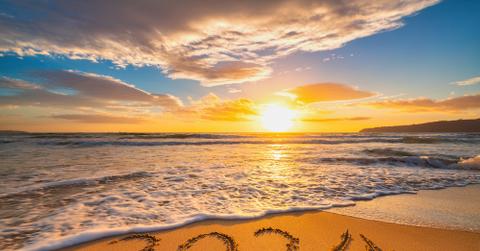
Travelers should always be mindful of the current conditions in the area they're visiting, and in light of recent natural disasters like Covid 19 and the Maui wildfires, many people are wondering if it is ethical to travel to Hawaii. Responsible travel involves eliminating any negative impacts visitors may have on an area. When considering a visit to Hawaii, it’s important to be mindful of the challenges the Hawaiian people face.
There is a fine balance between supporting the local economy in communities that rely on tourism and respecting the time it takes to recover after natural disasters. If you’re thinking about visiting the island chain in an ethical, sustainable way, there are some things you should be aware of.
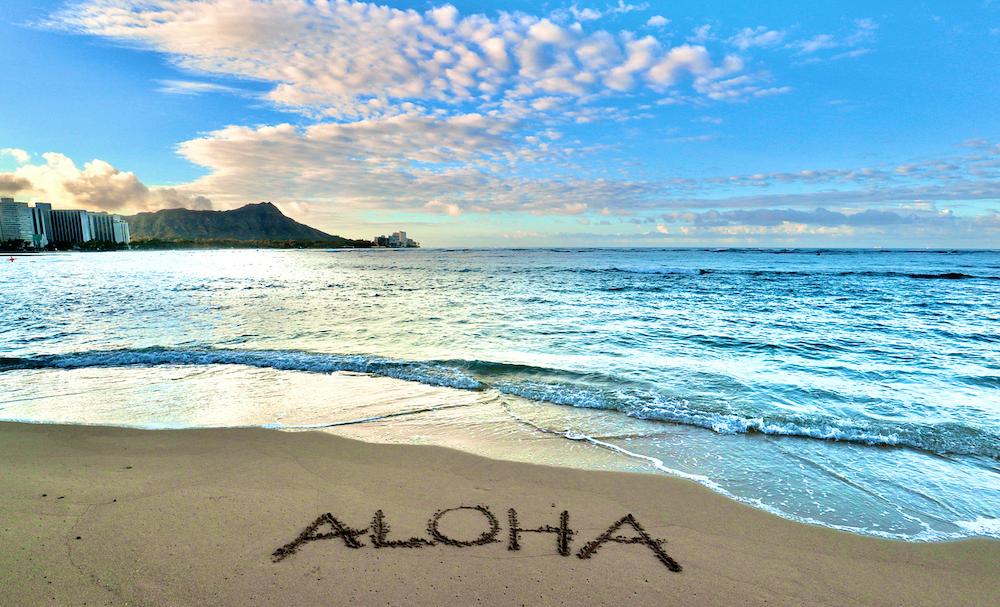
Is it ethical to travel to Hawaii in the time of COVID-19?
The beginning of the coronavirus pandemic put traveling on hold in 2020 to prevent the spread of the deadly virus. Many remote locations did not have the same resources as major metropolitan areas, so travel to those areas could create additional concerns. In 2022, some of Hawaii’s main hospitals experienced staffing shortages as COVID-19 infected hundreds of healthcare workers, and there was also a shortage of hospital beds available.
Although the worst part of the pandemic has passed, COVID-19 still poses a threat, so many travelers may wonder if it is ethical to travel to Hawaii. According to the State of Hawaii’s COVID-19 Portal, as of January 2024, there are no restrictions for domestic travel to Hawaii. However, you should not travel if you are experiencing any coronavirus symptoms or have tested positive.
The State of Hawaii does recommend that travelers carry masks in case they visit facilities that require them. However, some travelers may prefer wearing them in close quarters, in crowds, or when visiting high-risk facilities like nursing homes.
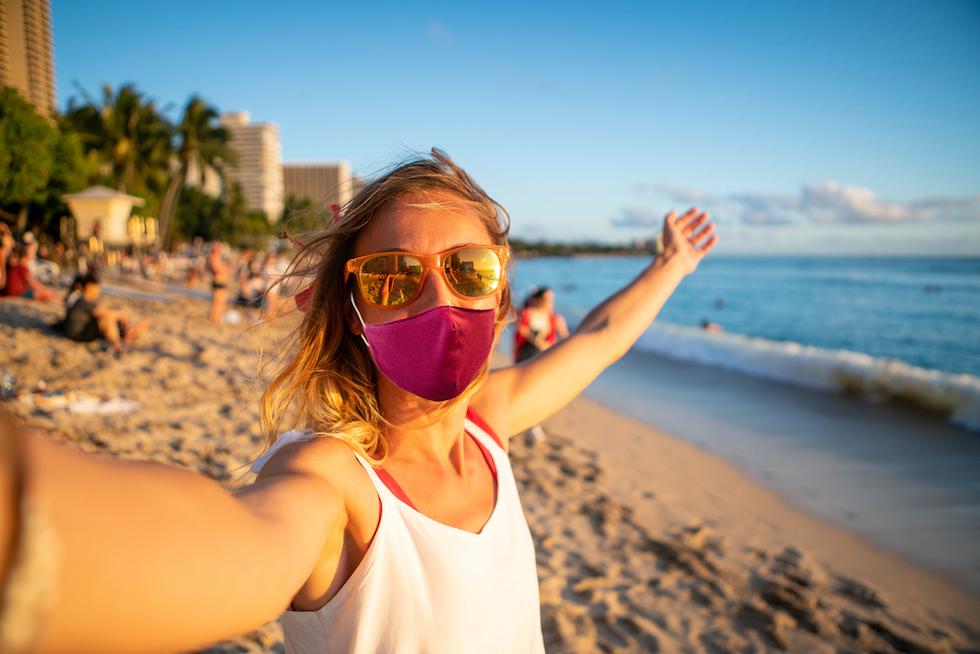
To help prevent the spread of COVID-19 and travel responsibly to Hawaii, travelers should also stay up-to-date on booster shots, take a coronavirus test no more than three days before travel, pack at-home test kits, and wash their hands frequently. It’s also a good idea to be flexible and allow for extra expenses if you become infected with COVID-19 and need to extend lodging while recovering.
How have the Maui wildfires impacted travel to Hawaii?
In August 2023, wildfires engulfed the island of Maui, completely devastating the town of Lahaina. The result was one of the worst natural disasters the Hawaiian Islands had experienced. More than 2,500 acres burned, and 2,200 structures were destroyed, displacing thousands of residents, per CNN. The wildfire killed around 100 people, making it the deadliest wildfire in U.S. history.
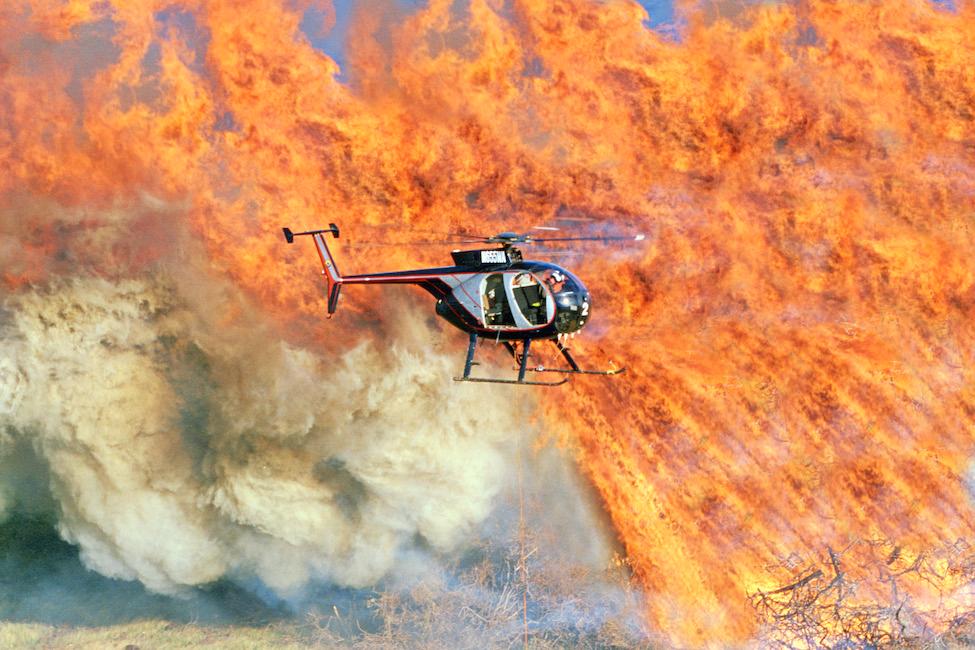
In the immediate wake of the disaster, the Hawaii Tourism Board asked that non-essential visitors leave Maui and strongly discouraged non-essential travelers from visiting so they could focus on recovery, as reported by SFGate. Several inbound flights to Kahului Airport were canceled.
According to the Maui Economic Development Board, it’s estimated that approximately 70 percent of every dollar in Maui is generated directly or indirectly from visitors to the island.
With so much of the island’s economy being impacted by tourism, an ethical dilemma develops for travelers wondering if visiting the island for vacation is helpful to economic recovery efforts or unethical, given all the heartbreak and devastation the people experienced.
According to GoHawaii.com, respectful and mindful travel to Maui is welcome. However, visitors should be aware that certain areas should be avoided. While West Maui accommodations have reopened, Lahaina, which saw the greatest impact from the fires, remains closed. It’s recommended to check with local accommodations and the Hawai’i Tourism Authority for the latest information.
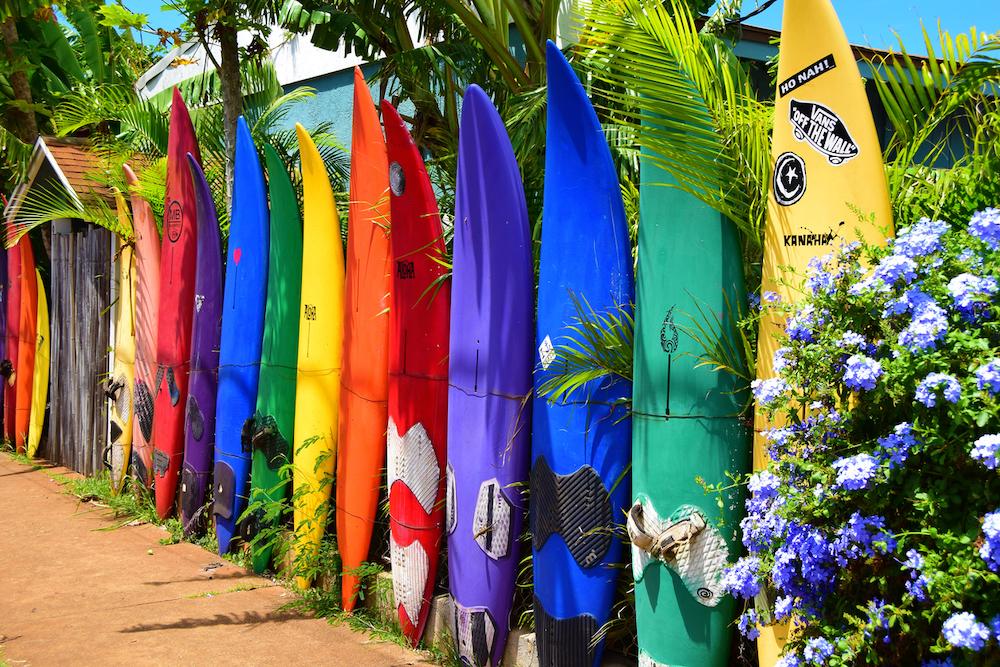
Here are a few tips for ethical travel to Hawaii.
If you are planning a trip to Hawaii, be understanding that restaurants, shops, and other attractions may not be open or may lack resources to provide a certain level of service. Be patient, respectful, friendly, and kind. In other words, practice aloha.
Here are a few ways to practice responsible travel:
- Support local businesses
Help boost the local economy by shopping from local businesses in Maui. Take the time to visit restaurants, shops, tours, accommodations, and other attractions. If you don’t have the budget to do so now and plan on lying on the beach, snapping photos, and spending as little money as possible, you won’t be traveling responsibly.
- Tip generously
Many tour guides, restaurant workers, and other tourism industry employees rely heavily on tips for their income. Be sure to tip accordingly, which means 15 to 25 percent for waiters, taxi drivers, tour guides, spa employees, and boat captains. Although cash is generally preferred, many services offer the option to tip on a credit card. If you’re staying at a hotel, show the bellman, parking valet, or housekeeper your appreciation with a few extra dollars in cash.

- Volunteer.
There are many volunteer opportunities ranging from health care organizations, animal shelters, food banks, housing assistance, transportation, and many other humanitarian needs that directly result from the wildfires. Other general ongoing efforts include conservation opportunities to help clean up coastlines and other "voluntourism" options. The Hawaiian Tourism Board has several resources for those who want to participate in "voluntourism" in Hawaii.